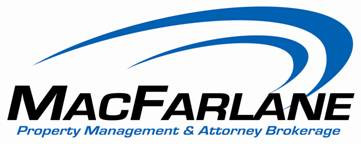As mentioned in previous posts on the Rent Escrow Account Program (REAP), once a notice accepting the property into REAP has been mailed to the landlord, the property owner has fifteen (15) calendar days to appeal the REAP acceptance. The appeal must be submitted on the appeal form provided by the Los Angeles Housing Department (LAHD) and must include the specific grounds for appeal and the names, current rents, and rent due dates of all tenants subject to REAP. The property owner (appellant) must provide the specified amount of copies of the appeal request when submitting the appeal. If no appeal is filed, the property is automatically accepted into REAP.
At the appeal hearing (often combined with the General Manager’s Hearing), typically the property owner, the tenants and any enforcement agency or other related party will be in attendance. Parties are given the opportunity to present documents, written declarations and any other evidence relevant to the proceedings. Preparation by the property owner in advance of the appeal hearing is crucial. The hearing is a valuable opportunity for a property owner to tell their side of the story and potentially halt REAP acceptance. Therefore, every effort should be made to present a thorough case.
The tenants and/or enforcement agencies may present proof that particular violations, although only discovered in potential units, are widespread and therefore additional units should be accepted into REAP. Tenants and/or enforcement agencies will likely present photographs and reports produced during previous inspections of the property.
The property owner and/or his advocate may present proof that REAP is inappropriate because the violations at the property were caused by the tenants. The property owner may also present justifications for avoidance of REAP based on the best interests, health and safety of the tenants. The burden of proof falls on the appellant property owner to demonstrate his/her case by a preponderance of the evidence.
This is the property owner’s opportunity to enlighten the decision-maker. The presentation must be fact-based, supported by evidence and to-the-point in order to be effectively persuasive. Hiring an attorney to advocate on your behalf or at the very least provide guidance and assist in preparation for the hearing can be very helpful.


Leave a Reply